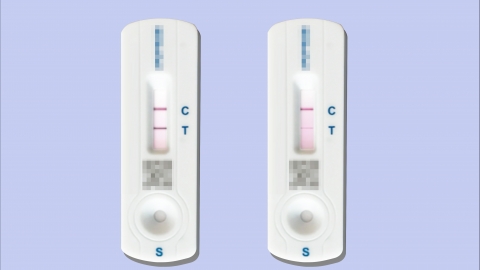Is a positive antiglobulin test severe?
Generally speaking, whether a positive antiglobulin test is serious depends on the specific situation. Conditions such as autoimmune hemolytic anemia are more severe, while transient positivity caused by blood transfusions or medications is usually not serious. If abnormalities are detected, timely medical consultation is recommended. Detailed analysis is as follows:

In patients with autoimmune hemolytic anemia, the body produces antibodies that attack their own red blood cells, leading to accelerated red blood cell destruction and a positive antiglobulin test. This condition is often accompanied by symptoms such as jaundice, anemia, and splenomegaly. If left untreated, anemia may worsen and affect the function of multiple organs, making it a relatively serious condition.
Incompatible blood types during blood transfusions or certain medications may trigger immune reactions that coat red blood cells with antibodies, resulting in a positive antiglobulin test. These cases are usually temporary; once the transfusion is stopped or the medication discontinued, the antibody effects gradually subside, red blood cell destruction decreases, and the body can recover gradually. This type of situation is generally not serious.
A positive antiglobulin test requires further testing to determine the underlying cause. The clinical symptoms must be considered to evaluate the condition, and treatment or observation should follow professional medical guidance.




